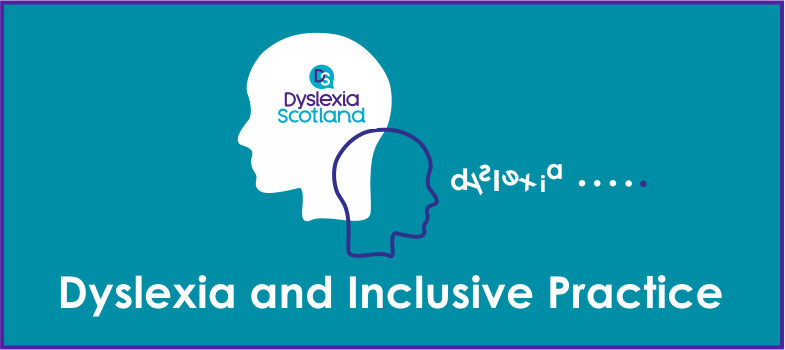4.1.1 The Standards in Scotland’s Schools Etc. Act 2000
Every child or young person has the right and the entitlement to education, as detailed in this act. They have the right to be educated within mainstream education along with their peers and to use their rights to affect decision making about them. Local authorities, with their partners, have a duty within the Standards in Scotland’s Schools etc. Act (2000) to ensure that ‘education is directed to the development of personality, talents and mental and physical abilities of the child or young person to their fullest potential.’ This wording deliberately reflects Article 29 1(a) of the UNCRC. This duty is for all children, regardless of whether they require additional support to reach their full potential The presumption in favour of providing mainstream education for all children is in place except where education in a school other than a special school would:
- not be suited to the ability or aptitude of the child;
- be incompatible with the provision of efficient education for the children with whom the child would be educated; or
- result in unreasonable public expenditure being incurred which would not ordinarily be incurred.
It will always be necessary to tailor provision to the needs of the individual child and it is recognised there is a need to make available a range of mainstream and specialist provision, including special schools, to ensure the needs of all pupils and young people are addressed.
The Act also places education authorities under duties to provide education elsewhere than at a school where a pupil is unable to attend school due to ill health, and to make provision where a pupil is excluded from school.
4.1 Current legislation and policies
